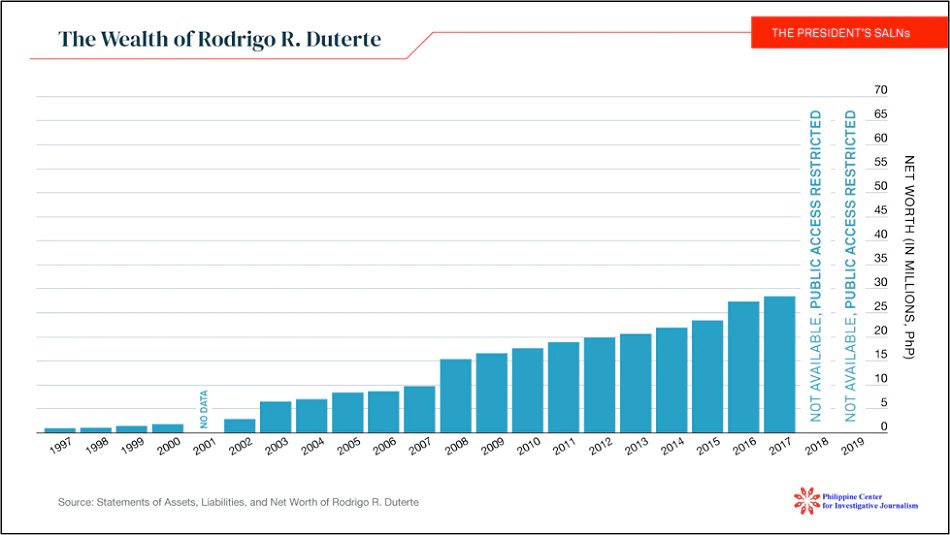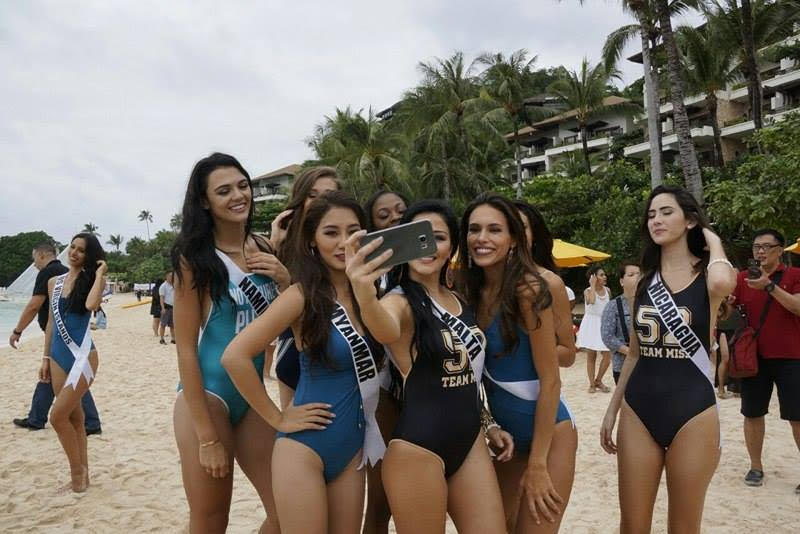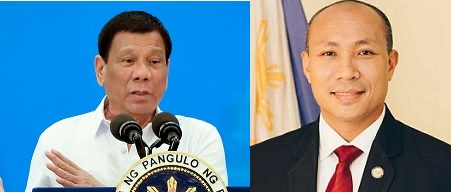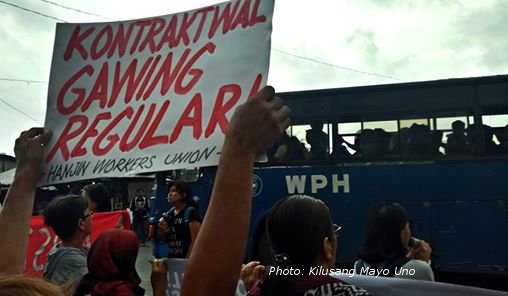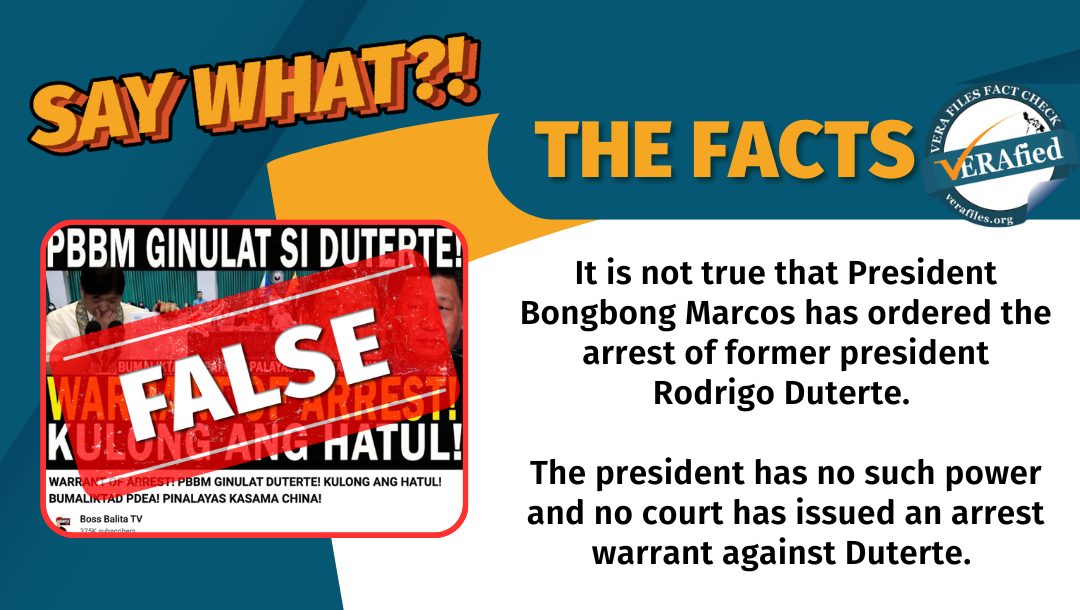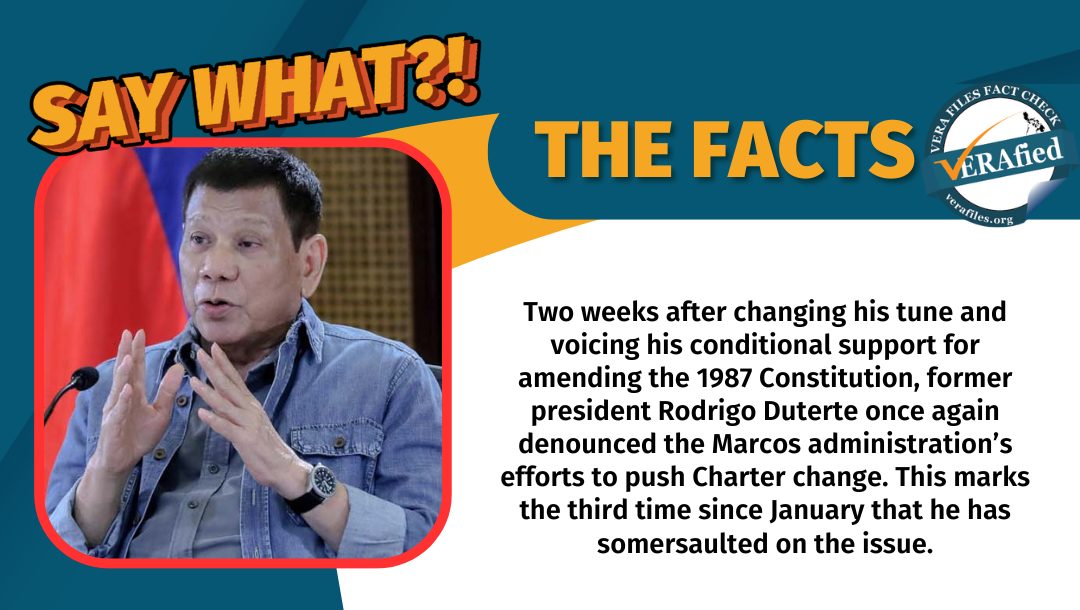Are there secrets in the Duterte SALN? Ombudsman Samuel Martires’ Memorandum Circular 1 restricting public access to Statement of Assets, Liabilities and Net Worth applies retroactively to the president. Coming soon is a script qualified for Ripley’s Believe It or Not where SALNs will again play a major role: while the president’s 2018 and 2019 SALNs remain publicly undisclosed, Solicitor General Jose Calida has appealed to the Supreme Court to release justice Marvic Leonen’s SALN that many read as groundwork for a quo warranto case against the high court’s third most senior justice. As in the Sereno ouster, it appears to be a Calida-Larry Gadon plot.
The next political circus will be a show of reprise of the Duterte administration’s ridiculous selective application of the rule of law when it weaponizes a law to go after its critics yet applies it sparingly or none at all when it is the president’s turn for public scrutiny.
What possibilities explain the president’s refusal to disclose his SALN even as he goes down in notoriety as the first president to violate the constitution and Section 8 of Republic Act No. 6713, the Code of Conduct and Ethical Standards for Public Officials and Employees?
The Dutertes appear to be truly irritated by last year’s Philippine Center for Investigative Journalism report on the family’s spikes in wealth and cash while in public office. Dismissing it as “garbage of the opposition,” the president defended the non-disclosure instead: Taguin ko. Bakit ko sasabihin sa inyo kung saan ko nailagay? (I will not disclose it. Why will I tell you were I hid it?).
When it is the president breaking the law, subalterns wobble with lies to grapple with indefensibility. Palace acrobats stumbled upon each other with conflicting reactions. Executive secretary Salvador Medialdea cried nitpicking on the president’s SALN. Salvador Panelo countered that the president, who once said he was poor and penniless, got his wealth from his mother.
Duterte wealth is forbidden territory for public discourse in Davao city. No investigative report has ever been done locally delving into the family’s economic assets even as these are visible to the public eye such as newly built manses. Absent that, it becomes standard operating procedure to flout and be stony to Davao city public opinion. A city tempered to behave in fear is the right forage for a culture of silence. That silence benefits the Dutertes.
With the filing of candidacies for the 2022 presidential elections only being a year away, the Duterte wealth is a question that must be discussed in the public forum. Daughter Inday Sara, even as she acts to hem and haw, is seen to likely run for national office, either as president or as vice president to a Bongbong Marcos tandem. If she does, it will be the first direct family dynasty succession understood as the unrestrained powers of the presidency too tempting to let go.
Sara, in fact, figured prominently in that PCIJ report. While she and her husband are lawyers, research showed that their law firm has been unregistered for ten years. She had opted not to deny or admit the report. It subsequently questioned how Carpio & Duterte Lawyers have been paying taxes since its birth over a decade ago, and if at all, as it was unregistered. “What complicates matters is while Sara holds public office, she and all other public servants are prohibited to practice their profession as per the Supreme Court and the Local Government Code.”
But that is not all. Her net worth rose from P34.89 million in 2016 to P44.83 million in 2017, a year after she was elected mayor of Davao city.
Because the Duterte wealth is spoken of in hushed tones in Davao city, gossip was passed in social media on the family’s ownership of 7-Eleven outlets in the city. As these were unverified and non by-lined social media posts, it remains in the realm of chatter. For one, it referred to Paolo Duterte’s son Omar as owning 120 branches of the convenience store brand. That is outright false as the city has only about 80 outlets. The post asked readers to check its veracity. That exactly is the point when a ruling political family is not transparent about their source of wealth. A Duterte family kin, in fact, intimated that 7-Eleven is openly discussed without qualms in family gatherings. There must be investigative studies on these alleged 7-Eleven stores. The maxim that public office is a public trust cannot be relegated into cliché. Duterte himself has had a record of undeclared assets in his SALNs. The revelations of senator Antonio Trillanes IV just before the polls of 2016, based on bank records from the BPI Julia Vargas branch, also revealed birthday gifts to Duterte in the form of huge amounts of cash.
Hiding SALNs or undeclaring assets in the SALN are part of the anatomy of graft. Restricting public access to SALN is wrong. In a 1989 landmark decision on Valmonte vs. Belmonte Jr., the Supreme Court declared: “Denied access to information on the inner workings of government, the citizenry can become prey to the whims and caprices of those to whom the power had been delegated.”
The president’s call to investigate corruption in all branches of government remains a lip service and a false sense of the rule of law if it exempts him, his family, and his appointees. A driver of corruption is the follow-the-leader modus. A public official’s first check and balance is one’s self. If the ruling Duterte family hides their wealth under the mantle of power and braggadocio that prefers to be unchecked, it has no business running the country after 2022.
The views in this column are those of the author and do not necessarily reflect the views of VERA Files.
